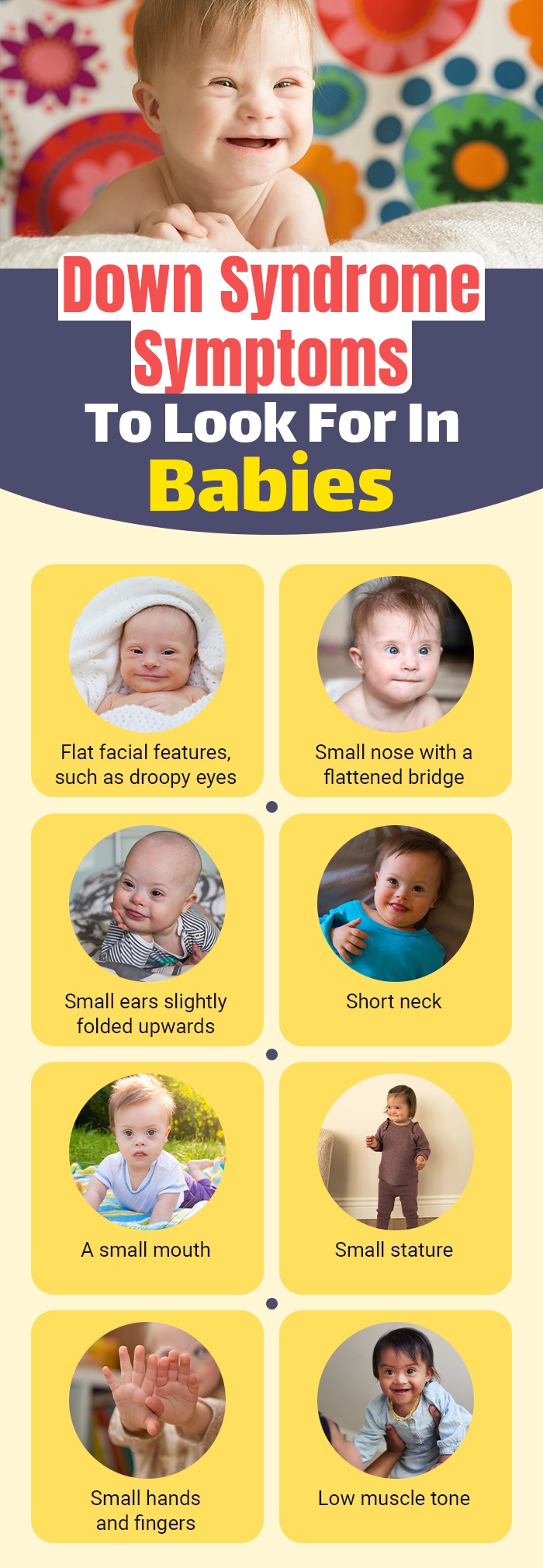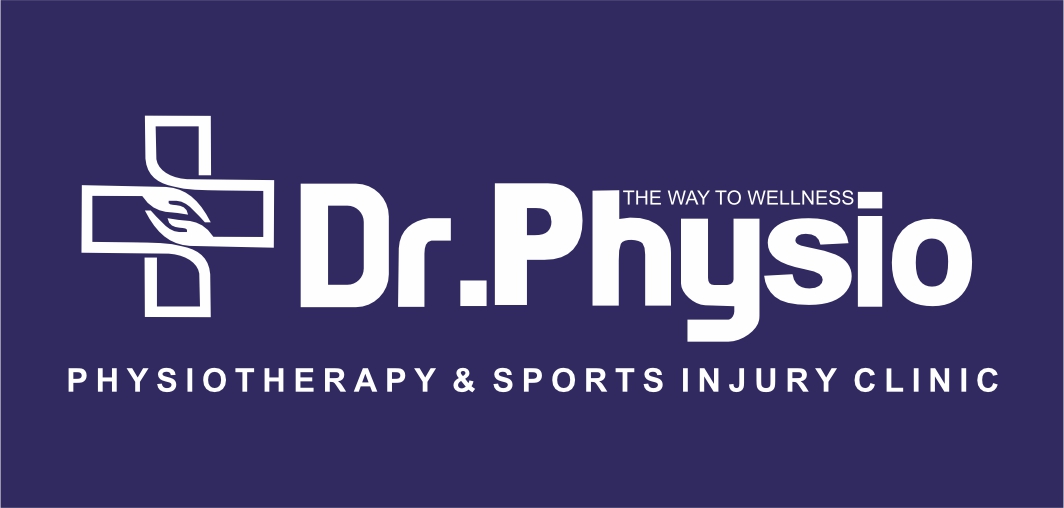+918048039022

This is your website preview.
Currently it only shows your basic business info. Start adding relevant business details such as description, images and products or services to gain your customers attention by using Boost 360 android app / iOS App / web portal.
Down syndrome is a genetic condition caused by ...

Down syndrome is a genetic condition caused by the presence of an extra copy of chromosome 21, also known as trisomy 21. It leads to a range of physical and intellectual developmental delays. People with Down syndrome may experience characteristic physical traits like a flat facial profile, upward-slanting eyes, small ears, and hypotonia (low muscle tone). Intellectual abilities vary, with most individuals having mild to moderate cognitive impairment. Early intervention, medical care, and supportive therapies can improve the quality of life and developmental outcomes for those with the condition. Benefits of Physiotherapy in Down Syndrome: Physiotherapy plays a vital role in helping individuals with Down syndrome develop motor skills and improve overall physical functioning. Key benefits include: Improvement of Muscle Tone: Hypotonia (low muscle tone) is common in Down syndrome. Physiotherapy helps strengthen muscles, making everyday movements easier. Development of Motor Skills: Therapists work on both gross motor skills (e.g., walking, jumping) and fine motor skills (e.g., grasping objects), which can be delayed in children with Down syndrome. Posture and Balance: Individuals with Down syndrome often have issues with posture and balance due to muscle weakness and joint instability. Physiotherapy helps them achieve better alignment and stability. Coordination: Through guided exercises, physiotherapists help improve coordination, allowing individuals to move more confidently and smoothly. Independence: By improving physical abilities, physiotherapy enhances the individual’s ability to perform daily activities independently, promoting autonomy and improving quality of life. Prevention of Secondary Issues: Without proper intervention, individuals with Down syndrome may develop secondary conditions like joint pain, spinal issues, or obesity. Physiotherapy helps manage these risks by encouraging regular movement and activity. Early and ongoing physiotherapy interventions are crucial in helping individuals with Down syndrome lead active, fulfilling lives.

